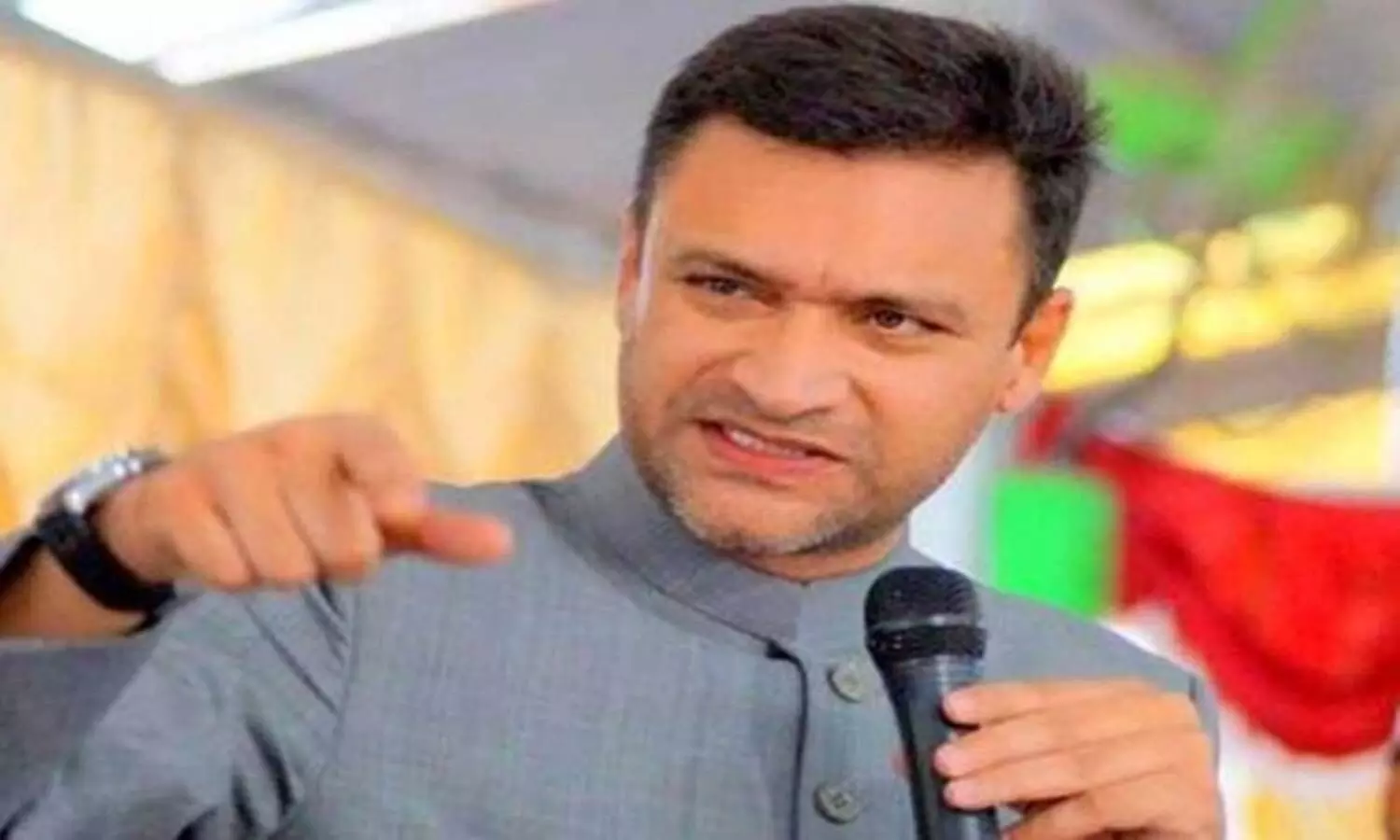`Hate speech': AIMIM's Chandrayangutta legislator Akbaruddin Owaisi acquitted for `lack of evidence'
Special Sessions Court for trial of MPs/MLAs on Tuesday found Owaisi not guilty of the offences and acquitted him after 17 years.
By Newsmeter Network
Hyderabad: Special sessions Court on Tuesday acquitted All India Majlis-e-Ittehadul Muslimeen (AIMIM) Chandrayangutta legislator Akbaruddin Owaisi in 2004 `hate speech' case.
Special Sessions Court for trial of MPs/MLAs on Tuesday found Owaisi not guilty of the offences and acquitted him after 17 years.
Chandrayangutta MLA Akbaruddin had allegedly made a "communally inciting speech" at a public meeting in 2004 during election campaigning. Akbaruddin Owaisi in the 2004 election campaign near Grand Circle Hotel at Chandrayangutta made an inflammatory speech saying "Lal Darwaza Ku Hara Darwaza Bana Doonga".
Chandrayangutta police have taken a suo-moto action and the then Sub-Inspector of Police Ashok Kumar filed a complaint against Akbaruddin Owaisi stating that he tried to instigate the public. He was booked by the Chandrayangutta police under Sections 153 A (Promoting enmity between different groups on grounds of religion), Section 188 (disobedience to order duly promulgated by public servant) of the Indian Penal Code, and Section 125 of Representation of the People Act (Promoting enmity between different classes). Later, the city police wrote to the government seeking permission to prosecute Akbaruddin Owaisi.
Later in 2010, the then Andhra Pradesh state Law Department (Director of Prosecution) granted its nod to prosecute Akbaruddin Owaisi in a hate speech case of 2004. After obtaining permission from the Government, the police had filed a charge sheet in the year 2018.
Subsequently, a charge sheet was filed by police after the Andhra Pradesh government gave permission to prosecute Akbaruddin Owaisi. After hearing arguments and counterarguments, the court acquitted Owaisi for lack of evidence as no independent witness supported the case.